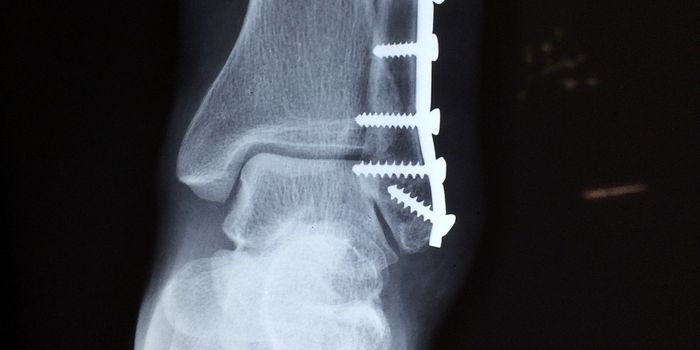Psychedelic DMT to Enter Clinical Trials
Neuro-pharmaceutical company, MindMed, has announced that it will begin a double-blind placebo-controlled Phase 1 clinical trial to understand how N, N-Dimethyltryptamine (DMT), the primary psychoactive ingredient in Ayahuasca, works in the body. The company ultimately hopes to create therapeutics with the substance to treat mental health conditions like depression and addiction.
“There is a growing trend in Western society to use Ayahuasca and DMT to facilitate a healing process for one’s mind. However, there is very limited safety data and clinical trials evaluating DMT as a potential medicine so we are going to double down on understanding the therapeutic opportunity and more effective ways to administer DMT in a controlled setting to achieve this healing process.” says JR Rahn, cofounder of MindMed.
There are currently no approved clinical uses for DMT. The substance has nevertheless been used for centuries, if not longer, by various civilizations and tribes around the world for both its mentally restorative and explorative effects. In the first clinical trial of its kind, the researchers want to establish whether the substance could be engineered for future drug development programs to treat conditions like addiction.
In partnership with the University Hospital Basel’s Liechti Lab, the researchers from MindMed thus plan to conduct experiments in which patients receive DMT intravenously. Quickly metabolized if taken orally, taking DMT intravenously means that the researchers will both be able to ensure continuous application of the substance, and thus a prolonged DMT experience.
It also means they will be able to stop administration of the substance and the ensuing DMT experience quickly should anything go wrong. In this way, the researchers hope to establish proper dosing during the trial with the goal of inducing a stable DMT experience of between an hour and two hours among patients.
The study is expected to begin in late 2020, from which the researchers hope to lay the foundations for a future Phase II clinical proof of concept trials.









